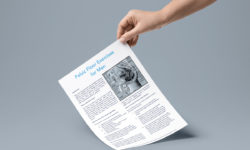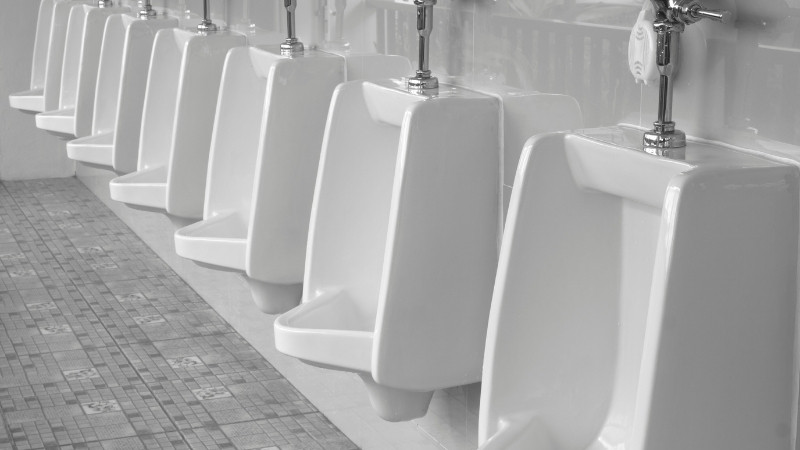Why Do I Continue to Leak After I Pee
Post Micturition Dribble
![Leaking urine after urination male]() What is Post Micturition Dribble?
What is Post Micturition Dribble?
Post Micturition Dribble (PMD), or after dribble, is the name given to the problem when men experience an involuntary loss of urine immediately after they have finished passing urine, usually after leaving the toilet. It is not caused by stress from exertion or due to a problem with the bladder, and it should be distinguished from terminal dribble, which occurs at the end of passing urine. The condition can be a nuisance and cause embarrassment. It may occur in women but it is much more common in men.
Most men with PMD urinate normally however PMD is likely to occur when the penis is being replaced and clothes rearranged after a visit to the toilet. Trousers can end up getting wet. Men usually find that even after waiting and gently shaking, the problem remains.
What causes Post Micturition Dribble?
PMD is due to a weakness of the muscles of the pelvic floor which surround the urethra. The pelvic floor muscles can be weakened by:
- Operations for an enlarged prostate
- Continual straining to empty the bowels especially when constipated
- Constant cough, for example, a smoker's cough
- Overweight
- Neurological damage
- Persistent heavy lifting
Other signs of urinary dysfunction are not normally present, although some men have symptoms such as urgency, frequency, hesitancy and straining. For older men, they may develop PMD following a prostatectomy and may have associated urinary symptoms.
GET YOUR FREE JUST CAN'T WAIT CARD
FREE Just Can't Wait Toilet Card
Access the Universally Recognised Digital Just Can't Wait Toilet Card Online for FREE Order the original toilet access card from the Bladder and Bowel Community today. We use the universally acknowledged W.C. signage, giving you the…
Can it be treated?
Few men admit to having this problem but a great many suffer from it and are often badly embarrassed by it. Men of all ages can be affected. There are two proven ways of dealing with this problem.One is to perform pelvic floor exercises, the other is to push the last few drops of urine from the urethra with the fingers before the final shake.
Pelvic floor muscle exercises or pelvic floor muscle rehabilitation can, if done correctly, help you improve your bladder and bowel control and resolve or improve leakage. They can also be used to help you if you already have symptoms of pelvic floor weakness. When a muscle is not exercised it will weaken through lack of use. Like any other muscles in the body, the more you use and exercise them, the stronger the muscles will be. The pelvic floor muscles are no exception.
To find out how to perform pelvic floor muscle exercises please see our information sheet Pelvic Floor Exercises For Men.

Pelvic Floor Exercises For Men
[BBC:030] Pelvic Floor Exercises For Men
Training your pelvic floor muscles can help improve your bladder control and this is as important for men as it is for women. This guide explains how to perform pelvic floor exercises.
How to Reduce Post Micturition Dribble
To push the last remaining drops of urine from the urethra the technique is as follows:
- After passing urine, wait for a few seconds to allow the bladder to empty
- Place the fingertips of the left hand three finger-breadths behind the scrotum and apply gentle pressure
- Keeping the pressure in the mid line, gently but positively draw the fingers forwards towards the base of the penis under the scrotum
- This pushes the urine forward into the penile urethra from where it can be emptied by shaking or squeezing in the usual way
- Before leaving the toilet, repeat the technique twice to ensure that the urethra is completely empty.
This technique can be practiced at home. When in public toilets it can be done discreetly, with a hand inside a trouser pocket. It only takes a few seconds and may avoid the problem of wet trousers.
Further Information
If you are concerned about your problem and it is starting to affect your day-to-day life make an appointment to see your doctor, continence nurse or specialist physiotherapist. A continence nurse and specialist physiotherapist are healthcare professionals who specialise in bladder and bowel problems. You can also obtain further advice on overactive bladder treatments.
Source: https://www.bladderandbowel.org/bladder/bladder-conditions-and-symptoms/post-micturition-dribble/
 What is Post Micturition Dribble?
What is Post Micturition Dribble?
0 Response to "Why Do I Continue to Leak After I Pee"
Post a Comment